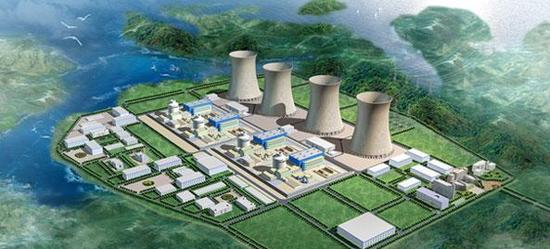Crossrail for the North will become the foundations for a transformed Northern economy – McDonnell
Labour
will invest to transform the economy of the North – McDonnell commits Labour to
delivering Crossrail for the North
Today the
Shadow Chancellor has committed Labour to delivering on “Crossrail for the
North”, a series of major rail improvements across existing west-east links in
the North of England.
Labour
will commit to reversing decades of underinvestment in Northern transport
infrastructure that has undermined the economic potential of the north of
England and help deliver 850,000 new jobs by 2050.
The
current Tory Government has failed to invest in essential electrification of
Hull to Selby and other lines, and delayed electrification of the critical
Manchester-Leeds Transpennine route, which is not now due for completion until
at least 2022. Labour will commit to fight alongside its mayoral candidates and
local authorities to demand that the Westminster Government brings forward the
resources needed to help unlock the £97bn of economic potential in the North.
John
McDonnell MP, Labour’s Shadow Chancellor, is expected to say:
“Labour
is absolutely committed to delivering HS3, a Crossrail for the North, starting
right here in Liverpool and connecting the great cities of the north of
England.
“There is
so much potential here currently squandered by underinvestment, delays and a
lack of real commitment from Whitehall.
“So with
our mayoral candidates in Manchester and Liverpool, and councils across the
north, Labour will be pushing for this government to deliver.
“It’s at
least a £10bn commitment from Labour to invest in the north.
“It means
the journey from Manchester to Leeds will take just 25 minutes, instead of
close to an hour.
“Or you
could get from Liverpool to Manchester in 25 minutes.
“Crossrail
for the North will become the foundations for a transformed Northern economy.”
Ends

